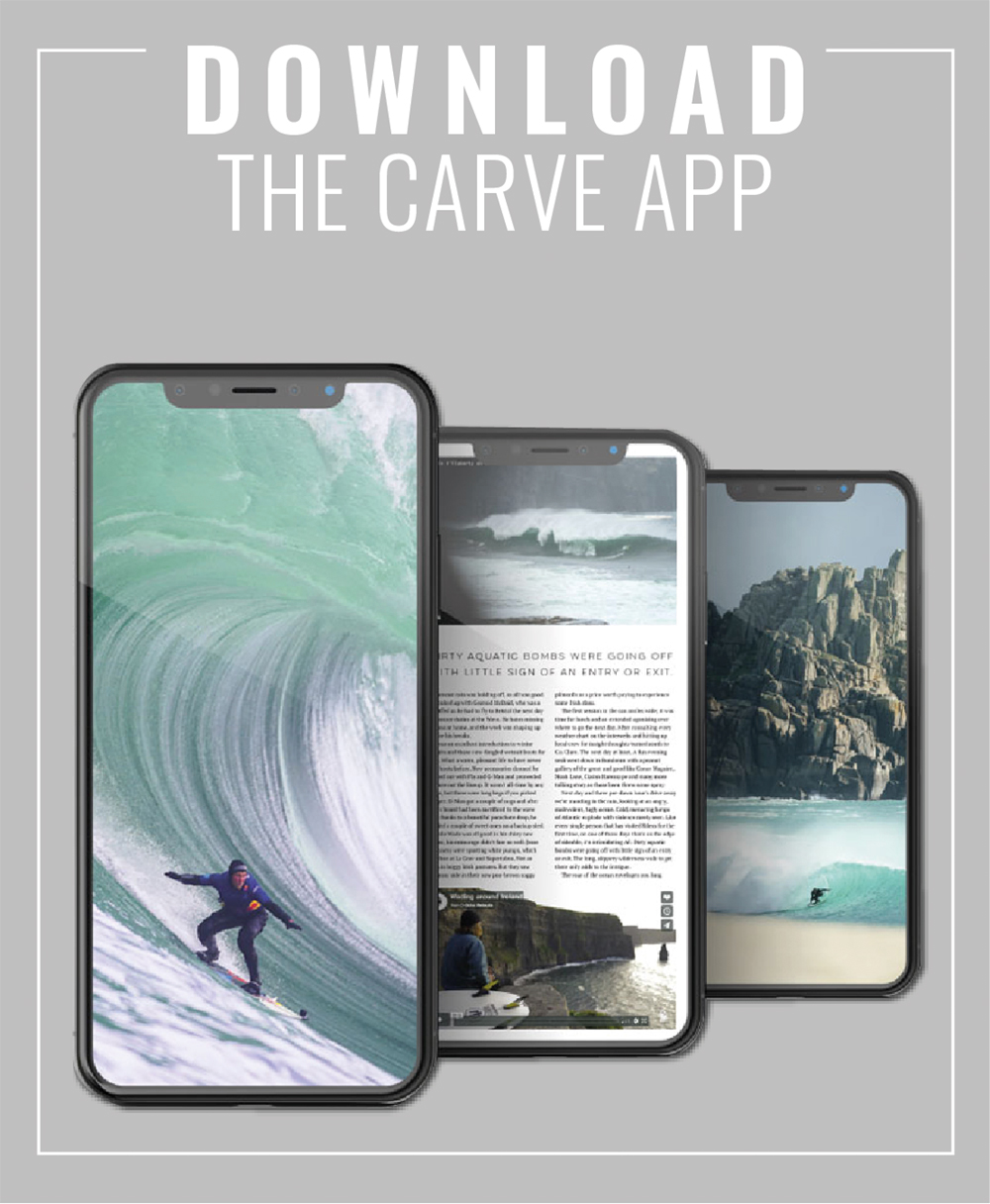More, better sleep = more, better waves.
There is a lot going on in the world right now and a lot of people are stressed, both young and old. You see a lot in the press about ‘Blue Health’ and people being taken surfing to help relieve stress, but what if you are a stressed surfer? Well, luckily friend of Carve, Katy Griffin, is fully qualified in such matters and runs retreats, workshops and one-to-one counselling as well as working for the NHS. So we are going to run a series of articles by Katy in the hope it will help those suffering from all sorts of mental health issues. First up…Sleepless nights.
Sleepless nights.
It seems common these days for people to be unable to switch off their thoughts and worries, which leads to a downward spiral. An estimated 1 in 3 adults surfer sleep problems worldwide.
How can you intervene and break the cycle? Katy Griffin explains.
Sleep is the most under prescribed medications of the 21st century. Studies have shown that sleep is the most important factor to our physical and mental health. It aids our bodies to heal from illness, cope with stress, problem solve, process memories and improve cognition. Although it’s not just about sleeping but the quality of our sleep too.
If you are having problems here are ten top tips that will help.
Find a routine. Our circadian rhythm (the internal process that regulates the sleep–wake cycle and repeats roughly every 24 hours ) loves routine and one night of change can throw it off balance. Set your clocks for bed and breakfast at the same time every day. Your body will soon ‘sync’ if you play it right.
Keep high intensity workouts to at least two hours before bed. Evening workouts can affect the brain’s ability to wind down so get them out of the way early and then set a relaxing routine before bedtime.
Reduce caffeine, nicotine and alcohol consumption. Stimulants can lead to very light sleep. Initially they can help you to fall asleep but they will rob you of that all important REM sleep.
Getting back to sleep. If you wake up in the middle of the night and your thoughts are racing, try meditation with apps like CALM and Headspace. Breathwork, such as breathing in through the nose for six counts and out the mouth for eight counts can help. Relax your muscles by doing a full body scan. Start at your toes and tense them for 20 seconds then release and work up through each muscle in the body, until you reach your head. Listening to relaxing music can also help to relax the mind.
Try not to eat too late, digesting heavy meals can interfere with sleep.
Bedtime routine. Create a relaxing routine before bed, just like you would for a 5-year-old. Keeping a worry journal, for those racing thoughts which may bother you at 3am. (Write them down and then you can forget about them until morning.)
Take a bath. A hot bath before bed can drop your body temperature once you’re in bed, in addition to making you feel sleepier and more relaxed.
Less screen time. We all know by now that screens are bad for good quality sleep and it takes discipline to remove yourself from them. Avoid all screens for at least two hours before sleep.
Get outside. At least thirty minutes of natural sunlight helps to regulate sleep patterns. Natural light in the morning and limiting light pollution before bed is key.
Get up if you can’t sleep. If you’re struggling to sleep and lying in bed for too long, it can just make you frustrated and this is not an effective sleep strategy. If you don’t fall asleep within thirty minutes, get up and try doing something relaxing. You only want your brain to associate your bed with sleeping or sex and not being awake.
Having an effective sleep routine does take time and discipline but the outcome for your health and wellbeing will be more than worth it.
If you’d like to learn more about sleep the book ‘Why We Sleep’ by Matthew Walker gives a fascinating insight into all things sleep related.
If you are still struggling with sleep you can speak to your GP, or Katy offers an online consultation service. (Details below)
Please email any questions you have related to mental health that you would like addressing in the next article to Katy [email protected].
For individual assessment please book here: https://www.thera-sea.co.uk/121-assessments-1
For retreats please book here: https://www.thera-sea.co.uk/upcoming-retreats-1
For inspiring stories of victories over mental health issues see
The trouble with weed.
https://www.carvemag.com/2020/10/trouble-with-weed/
A life less ordinary
https://www.carvemag.com/2021/09/a-life-less-ordinary/
Surfaced
https://www.carvemag.com/2022/11/surfaced/
The surfer and the sage
https://www.carvemag.com/2022/05/the-surfer-and-the-sage/
Who rescues the rescuers
https://www.carvemag.com/2020/06/who-rescues-the-rescuers/
Katy Griffin
Katy is a registered mental health nurse and founder of Thera-Sea – which takes a different educational approach to preventing mental health difficulties by offering well-being workshops, away days and retreats.
Katy does not believe in quick fix solutions for such complex issues as mental health. Instead, she has combined her 13 years of clinical experience, personal experience, scientific research and case histories to present a broad perspective workbook for participants which she delivers via the workshops, away days and retreats. The workshops are uplifting and informative which allows the participants to advance their own awareness and skills set around mental health as well as the people around them. www.thera-sea.co.uk She is about to launch her own podcast ‘The Diary of a Mental Health Nurse’







